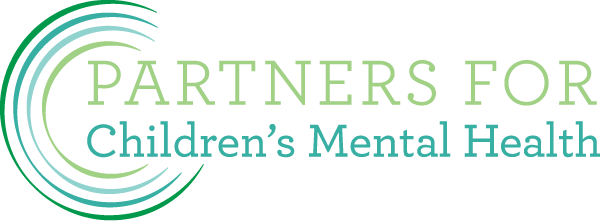The purpose of this study was to understand the characteristics and experiences of SGMY when in contact with SGMY-specific suicide crisis services. Sexual and gender minority youth (SGMY) have heightened risk of suicidality; yet, we know little about their experiences when utilizing crisis services.
Method: Data were from 592 SGMY who contacted the most widely utilized national US SGMY-specific crisis services provider. Results: High rates of suicide ideation (65.2%) and attempts (31.9%) were documented, with gender minority youth endorsing higher rates of suicide attempts. Participants contacted the center by phone (57.8%) more than by online chat/text (42.2%). Participants reported discussing their sexual orientation (60.6%), gender identity (43.8%), and identity disclosure stress (56.6%) with counselors. Participants rated the crisis service as helpful. The counselors were perceived as warm, compassionate, and knowledgeable about common concerns for SGMY and they were likely to contact the crisis center again. Participants reported using chat/text over phone because it provided them with more confidentiality and privacy; however, phone contacts were rated more positively than text/chat. Limitations: The sample was predominately White and was not representative of the broader population of SGMY, limiting the generalizability of the results. Conclusion: SGMY reported positive experiences with a national SGMY-specific crisis service. The findings highlight the critical need for and utility of SGMY-specific suicide prevention crisis services.
authors: Ethan H. Mereish, Brian A. Feinstein, Mary Rose Mamey, and Jeremy T. Goldbach
Content originally published on https://econtent.hogrefe.com/

